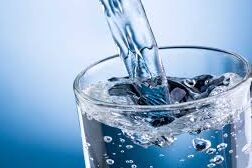Water vital for maintaining good health.
It gives us more energy and helps us avoid urinary infections and all the serious effects of dehydration.
As we get older our sense of thirst decreases and we are less aware of the need to drink. In addition our kidneys do not conserve water as well so more is needed in order to flush out all the impurities in our system.
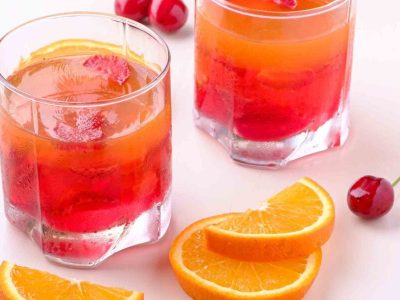
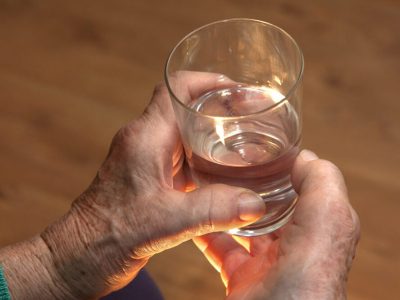
As we age it can be more difficult to stay hydrated, as our bodies retain less water, and the signs of dehydration are also often milder, meaning we may not feel thirsty until we are significantly dehydrated. Combined with the benefits of drinking the recommended amount of water each day, hydration is a key part of elderly care.
Boost physical and mental health
Studies have shown that those who drink more water have healthier minds, which is especially important as we get older, as cognitive abilities can often slow down as we age. Even mild dehydration can impact the brain’s ability to function to its full potential.
There is also a physical benefit that exercise is much easier for those who are well-hydrated. Drinking enough water can improve our endurance levels, lower the heart rate and speed up the recovery process of physical activity.
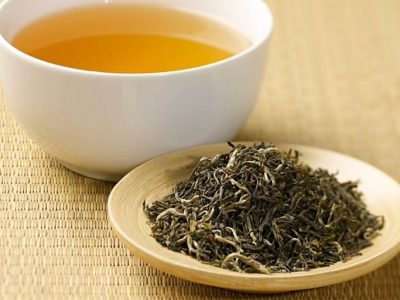
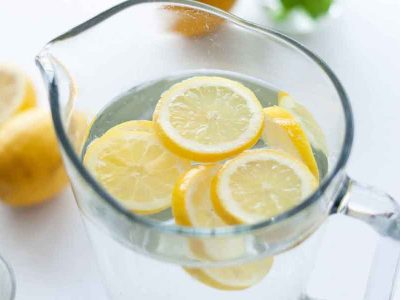
Certain medical conditions and medications can affect the elderly’s ability to retain fluids.
Individuals with dementia may forget to eat and drink. Drugs like diuretics, antihistamines, laxatives, antipsychotics and corticosteroids can cause frequent urination that depletes water and electrolytes. On top of that many elderly who have problems with incontinence often purposely refuse or limit fluids in order to avoid accidents.
Signs of Dehydration
Keep in mind that thirst is not usually a helpful indicator, as a person who feels thirsty may already be dehydrated.
Initial signs to look for include headache, constipation, muscle cramps, dry mouth and tongue, and sleepiness or lethargy. Urine colour is another helpful indicator and should be clear or light yellow for someone who is properly hydrated.
If severe dehydration goes unchecked, it can cause seizures due to electrolyte imbalance, a reduction in the volume of blood in the body, kidney failure and even coma or death.
Signs of Severe Dehydration
- Little or no urination
- Dark or amber-coloured urine
- Dry skin that stays folded when pinched
- Irritability, dizziness, or confusion
- Low blood pressure
- Rapid breathing and heartbeat
- Weak pulse
- Cold hands and feet
How much should we drink?
The NHS guidelines for people living in the UK are 1.2 litres per day. If you find tap water bad invest in a water filter jug and add lemon or cucumber to improve the taste.
Teas and all herbal teas are also hydrating.
Foods can help Hydration
Drinking water is not the only source of fluid. Raw fruits and vegetables can pack a hydrating punch as well e.g a small plate of cut vegetables such as celery, cucumber, cherry tomatoes and pepper slices served with a healthy dressing or hummus for dipping can be a nutrition- and fluid-filled snack.
Foods with High Water Content
Ingredient | Percent Water | Serving Size |
Cucumber | 96% | 1 cup peeled and sliced |
Tomato | 94% | 1 medium |
Watermelon | 92% | 1 cup diced, or 10 balls |
Bell pepper | 92% | 3/4 cup sliced |
Grapes | 92% | 1 cup |
Cantaloupe | 90% | 1/10 (1 small wedge) |
Orange | 97% | 1 medium |
Blueberries | 85% | 1 cup |
Apple | 84% | 1 medium |

